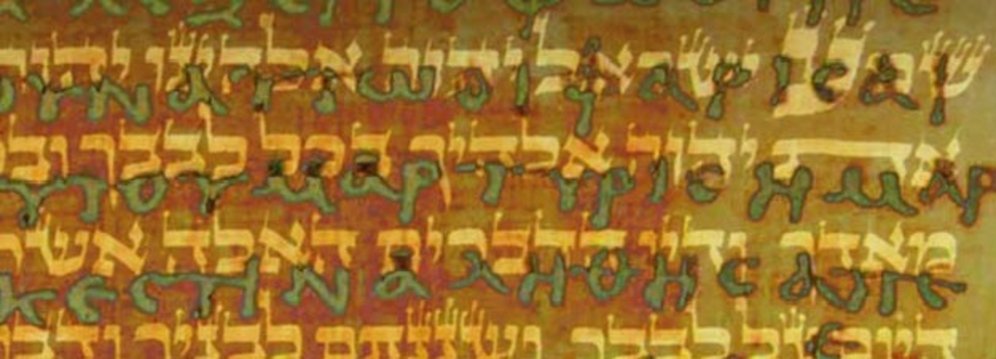
Institute of Biblical Studies
The Department of Biblical Studies is a centre for scientific research and teaching of the Bible. We deal with all aspects of the scriptures of the Old and New Testament. Thus we analyze the texts from different angles, combining theological, literary and historical perspectives. One of our primary focuses is examining the contemporary context of when the Bible was written by tracing influences of ancient history. We also investigate the Bible’s 2000-year impact on theology, liturgy and spirituality, as well as literature, music and performing arts.
Both Christianity and Judaism place special value on the Bible as their “Holy Scripture”, making oecumenic and inter-religious dialogue an important factor for interpreting Biblical texts. At the same time, the interpretation context always has to consider current issues and challenges of the church and society.
"Text-based Potentials of Identification in the Psalms of the Hebrew Bible"
The immediacy of the psalms of the Hebrew Bible is a phenomenon frequently mentioned during all periods of scientific psalm research but has never been operationalised with adequate methods nor analysed systematically. This desideratum in current psalm research and the fact that the psalms have kept touching people throughout the centuries, thus bridging more than 2000 years of time as well as space and different cultures, marks the starting point for the research project.
(project summary)
"Ruler, Lover, Sage and Sceptic: Receptions of King Solomon"
This research focuses on the various images of King Solomon: his biblical portrait and its reception in literature and music. The project will show how the biblical images unfold as an ongoing process of reading and rewriting within the cultural context of their time.
(project description / project summary)
Hebrew manuscripts and fragments in Austrian libraries
The aim of this project is to uncover and describe hebrew fragments used as material for bookbinding in Austrian libraries. The existing library catalogues are neither complete nor are all of the fragments scientifically recorded.
(project summary)
